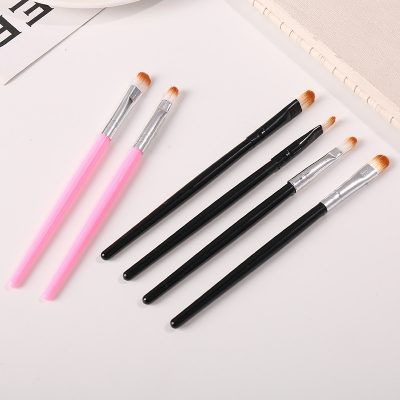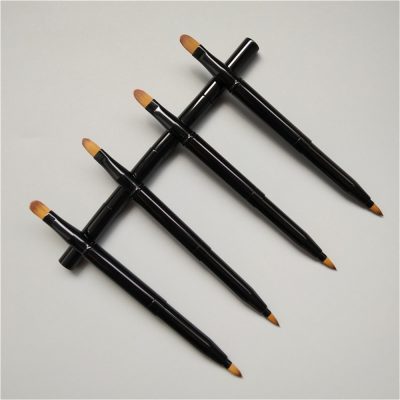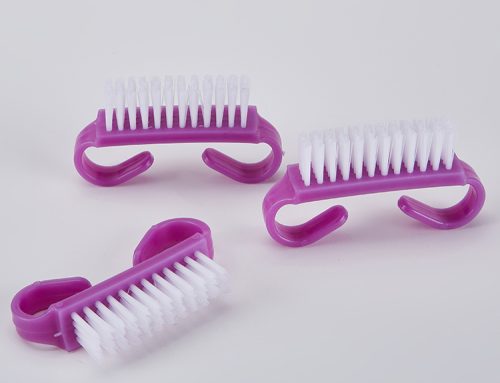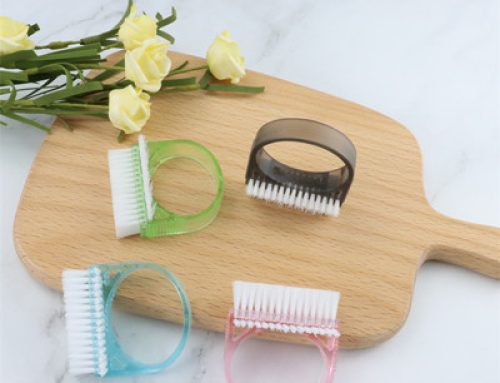Lip brushes can be made from various materials, and the choice of material can affect their performance, durability, and ease of maintenance. Here are the common materials used in making lip brushes:
- Synthetic Bristles:
- Synthetic bristles are made from man-made fibers like nylon, taklon, or polyester.
- Often used in cruelty-free brushes.
- Suitable for both cream and liquid lip products.
- Easier to clean and maintain than natural bristles.
- Less likely to absorb product, resulting in less product wastage.
- Natural Bristles:
- Natural bristles are usually made from animal hair, such as sable, squirrel, or goat.
- Can provide a softer and more natural application.
- Often preferred for powder products, but some natural brushes can work well with lip products.
- Require more care during cleaning to maintain their shape and quality.
- May not be suitable for liquid or creamy lip products, as they can absorb the product.
- Mixed Bristles:
- Some brushes feature a combination of both synthetic and natural bristles.
- This combination aims to provide the benefits of both types of bristles.
- Can offer good application for a variety of lip products.
- Silicone Bristles:
- Silicone bristles are non-porous and easy to clean.
- Ideal for applying lip gloss or liquid lip products.
- Can be more hygienic as they don’t absorb or transfer product.
- Offer a different sensation compared to traditional bristles.
- Sponge Applicator:
- Some lip brushes feature sponge applicators instead of bristles.
- Sponges can help achieve a smooth and even lip color application.
- Useful for blending and diffusing lip products.
When choosing a lip brush, consider the types of lip products you usually use and your personal preferences. Synthetic bristles are generally versatile and easy to clean, making them a popular choice. Natural bristles can provide a softer application, but they may require more care. Ultimately, the choice of material will depend on your comfort, desired effects, and ethical considerations.






